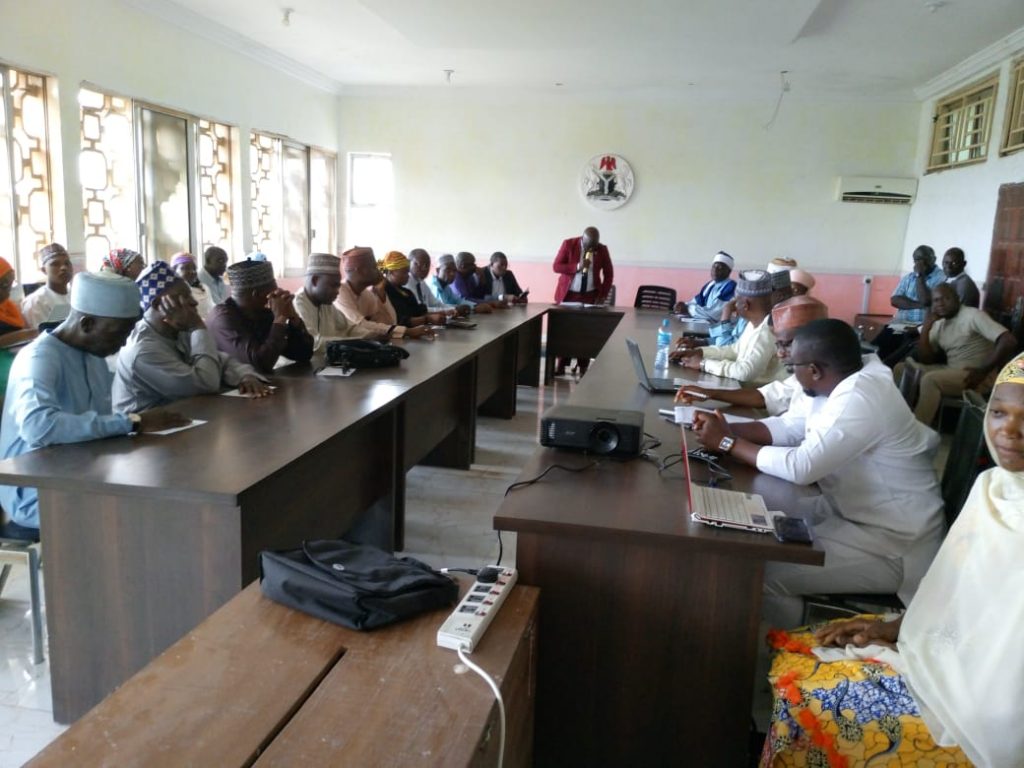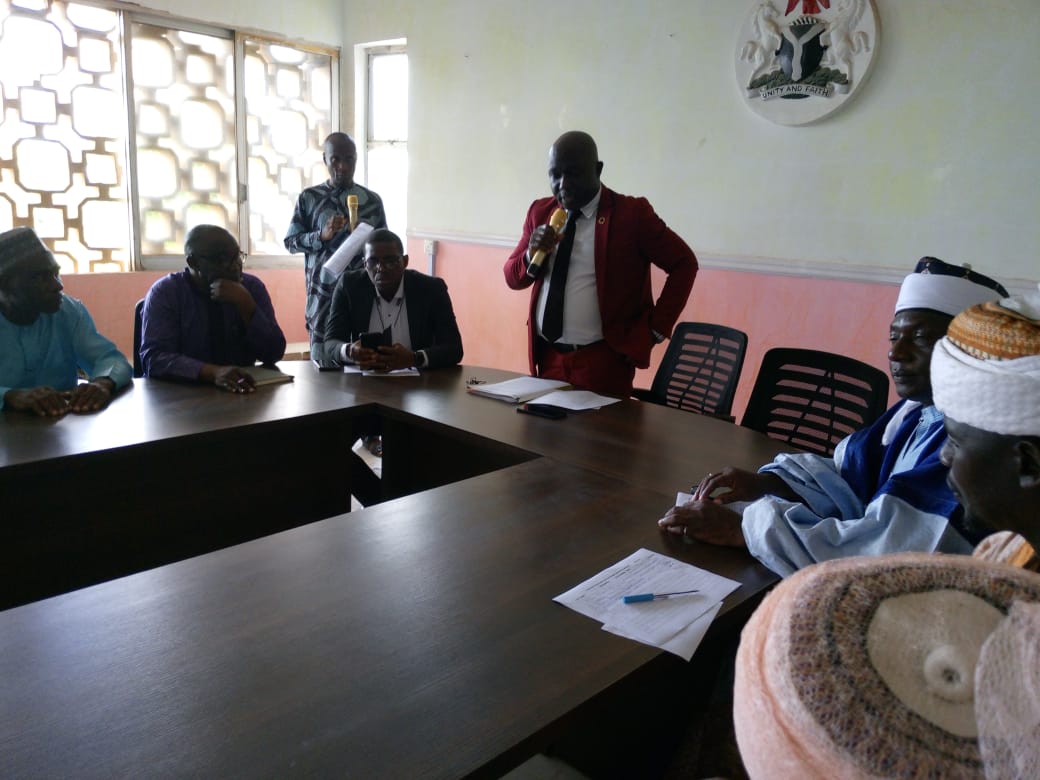
Kaduna State government has taken proactive steps toward ensuring the successful prevention and control of anthrax ,following the reported outbreak of the disease in some neighboring west African Countries and Niger State.
The Director Veterinary and Livestock Services, Kaduna State Ministry of Agriculture, Dr Pakachi Sam Zakaria stated this during an engagement meeting with stakeholders from animal health and livestock value chain in Kaduna.
He said, the meeting was convened to build the capacity of stakeholders and value chain operators in the livestock industry to be proactive in taking appropriate measures toward preventing the zoonotic disease.
According to Dr. Pakachi Zakaria, “a one health collaborative approach” is essential for the successful prevention and control of anthrax in the state.
The Director pointed out that collaboration was key in breaking the cycle of the disease through early detection, notification and diagnosis.
“We schedule this meeting at the instance of the state governor of Kaduna State following the outbreak of Anthrax in neighbouring state of Niger, he summon me through his Chief of staff and said we should meet as a department to take proactive steps to ensure that this disease does not get to Kaduna state”
“we convened this meeting, and brought in all the stakeholders with even the media, we involved our partners from WHO, and others from the professional associations and value chain operators in the livestock industry like the Vetco, sheep and goat association, and Miyetti Allah among others”
“We are fully involved in the meeting, and of course, it was meant to bring everyone to speed, that first, there’s an outbreak, which is a concern as it will affect the economy of the state, losses will be incurred and it can be transferred to human beings, human lives can be lost and it can also affect the environment, explained the director”.
While reiterating the state government’s commitment toward preventing outbreak of the disease, he noted that the Ministry had activated its rapid response team, and conducted training for both public and private veterinarians on disease reporting and surveillance.
Zakaria Pakachi said in collaboration with the Federal Ministry of Agriculture and Rural Development, the ministry had also conducted advocacy and sensitization visit to all livestock markets, in addition to media engagement to enlighten the public on preventive measures of the zoonotic disease, which he posited had yielded positive results.
He identified vaccination, as well as the enforcement of stringent bio-safety and security measures including community engagement, and sensitization as key to combating the spread of the disease.
In a presentation on anthrax, Regional Disease Surveillance System Enhancement, REDISSE Veterinary Officer, Dr. Hafsat Idris Yazid said anthrax is a disease caused by a spore forming bacteria that can be transmitted from animals to humans.
The symptoms according to her included sudden death in animals, bringing out blood in natural openings of their body such as the eye, nose, ear, and anus.
She said, human beings could be infected through contact with droppings or eating the meat of an infected animal among others.
The REDISSE Veterinary Officer identified those that may likely be at risk of anthrax disease to include hunters, butchers, as well as meat sellers among others.
Dr. Hafsat advised the public to report any case of anthrax to the nearest veterinary clinic for rapid response team activation, where sample would be taken for confirmation and possible sensitization, as well as ring vaccination to curb the spread of the disease in the area.
“Infact, some people use anthrax for this bio-terrorism where it can be enclosed in an envelope, send it to somebody and destroy his life”
“Some of the preventive measures include, report to the nearest veterinary doctor, either the government or private doctors so that they will come and activate the rapid response team”
“Another very important measures is the disposal of carcass, and that can be done in three ways such as: incineration, burning and the burial that must be done by the professionals to avoid leakages”, Dr. Hafsat Idris said.
In another presentation, the Overseer of Kaduna State Livestock Regulatory Authority, Dr. Suleiman Salisu stressed that the authority would work in collaboration with the ministry of agriculture in the area of law enforcement to ensure that sick animals were not moved to the state, and to also ensure animals are being slaughtered in appropriate government approved facilities.
The Kaduna State Chairman, Miyetti Allah breeders Association, Mr. Haruna Usman appealed to government to train their members on risk identification for early detection, and to also intensify effort toward ensuring that animals are vaccinated to be immune from the deadly disease.
Also speaking, the Kaduna State Chairman of National Sheep and Goat Development of Nigeria Mr. Bala Mohammed Inusa described the meeting as timely, and stressed the need for more enlightenment campaign to prevent damage that could be caused by the diseases.
The engagement meeting had in attendance representatives of the Kaduna state Ministry of Health, World Health Organization, traditional leaders, professional bodies in the animals and livestock value chain, top government functionaries including the media.
Daniel Karlmax







